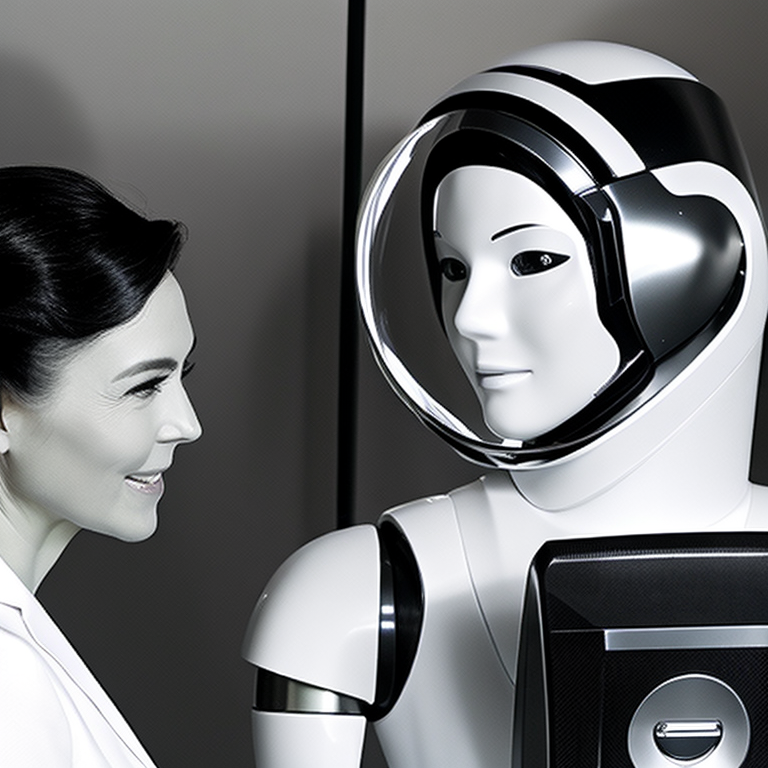Conversational AI, which is the integration of natural language processing (NLP) and machine learning (ML) technology, is quickly becoming the future of self-service support. While traditional self-service solutions like insight engines, knowledge base platforms, and chatbots have their own limitations, conversational AI can address them with its ability to understand user intent and provide personalized, accurate responses.
One of the biggest limitations of traditional self-service tools is their limited search capabilities. Insight engines, for example, were developed in the early 2000s when content was primarily text-based. They do not support the current cross-media content age, where companies are adopting a wide range of new content formats for external and internal purposes (primarily video). Knowledge base platforms (KBPs) also suffer from very limited search capabilities, making them ineffective for customer support.
Chatbots have also become popular in recent years, with many companies using them for customer service. Chatbots are effective in answering routine questions and reducing response time and operation costs. However, they have their own limitations. Creating, training, and maintaining AI bots can be expensive and time-consuming. Additionally, most bots are not AI-powered, which means they don’t understand user intent.
On the other hand, conversational AI has the ability to understand user intent and provide personalized, accurate responses. The NLP component of conversational AI allows it to understand the intent behind a user’s question, even if it is not expressed in a straightforward manner. This means that users can ask a question in their own words, rather than having to use specific keywords or phrases. The ML component of conversational AI allows it to learn from previous interactions and improve its responses over time, which leads to better customer experience.
Moreover, search engines like Google, Bing, etc. can be uncontrolled by manufacturers, users may come across third-party recommendations that do not align with the manufacturer’s guidelines, leading to customer confusion and frustration.
One example of conversational AI that demonstrates its feasibility is the GPT (Generative Pre-trained Transformer) model. GPT has the ability to generate human-like text, and can be trained to answer questions and provide customer support. This type of conversational AI can be integrated into chatbots, mobile apps, and other customer support channels, providing customers with a natural, intuitive way to find answers and get help.
In conclusion, conversational AI is the future of self-service support because of its ability to understand user intent, provide personalized and accurate responses, and improve over time. With the limitations of traditional self-service solutions, conversational AI has the potential to revolutionize customer support, providing customers with a more efficient, effective, and satisfying experience.
